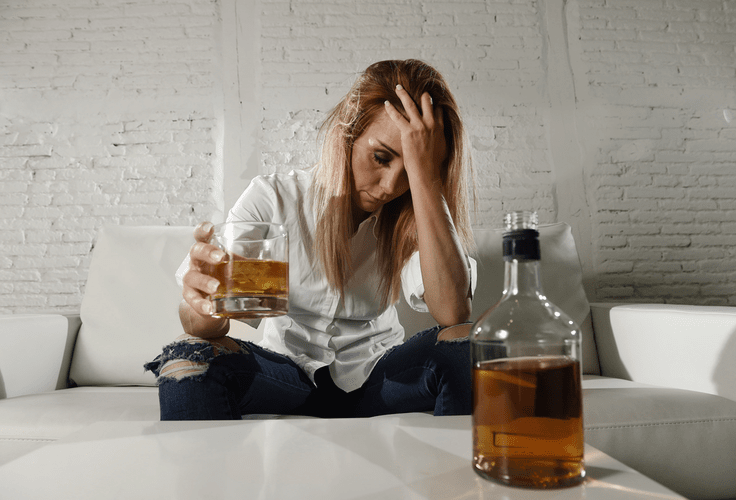How to Manage Anxiety Symptoms After Quitting Drinking Alcohol
As the sedative effect of alcohol wears off, you may experience a spike of anxiety or panic as your body begins to withdraw from the substance. As well as being an unhealthy coping mechanism, cases of alcohol-induced panic attacks prove that alcohol can actually be the cause of anxiety and panic rather than the cure. Whether or not you drink, your panic attacks need to be addressed separately. Cutting out alcohol will help you cope better, and should reduce the likelihood of experiencing a panic attack, but it won’t stop them altogether. In order to truly take control of your panic attacks, you should make efforts to treat the underlying anxiety that’s causing them in the first place. In this way, depressants can cause depression symptoms, but, with a couple noted exceptions, they don’t usually create the mental health condition in the user in the first place.
If you automatically reach for alcohol as soon as you notice the impending symptoms of a panic attack, you may believe that this substance calms you down and prevents you from spiralling. Some people struggle with a disorder known as alcohol-induced panic attacks, in which they suffer from regular https://g-markets.net/sober-living/when-does-alcohol-withdrawal-brain-fog-go-away/ panic attacks after drinking alcohol. While alcohol can make your panic attacks worse, alcohol itself doesn’t cause panic attacks on its own. In other words, even if you stop drinking alcohol, you are likely still going to have panic attacks – you simply won’t have alcohol triggering them.
Do depressants cause depression?
For instance, the type of treatment recommended for social phobia will vary from the type recommended for GAD. While therapy may be enough for the latter (e.g., cognitive behavioral therapy), the former would https://g-markets.net/sober-living/100-most-inspiring-addiction-recovery-quotes/ require therapy AND medication, such as Zoloft. Unfortunately, ethanol increases any baseline levels of anxiety people might have had – quite literally, pre-existing social anxiety and alcohol don’t mix.
Life experiences such as traumatic events appear to trigger anxiety disorders in people who are already prone to anxiety. These feelings of anxiety and panic interfere with daily activities, 254 Massachusetts Sober Living Homes Transitional Living MA are difficult to control, are out of proportion to the actual danger and can last a long time. Symptoms may start during childhood or the teen years and continue into adulthood.
Alcohol Withdrawal and Anxiety
When it comes to depressants like drugs or alcohol, such substances often release neurotransmitters such as dopamine, serotonin and norepinephrine when they first hit the body. “Initially, this results in a euphoric high,” says Norman Rosenthal, MD, a clinical professor of psychiatry at Georgetown University Medical School. But that sense of euphoria quickly diminishes and “a rebound effect” occurs, he explains. This often leads to feelings of depression or anxiety in many users. Examples of depressants include sleeping pills, alcohol and opioids such as illegal drugs like heroin or legal ones like OxyContin, Vicodin or morphine. Quitting drinking is always a difficult task, even if you were more of a casual drinker than an alcoholic.

